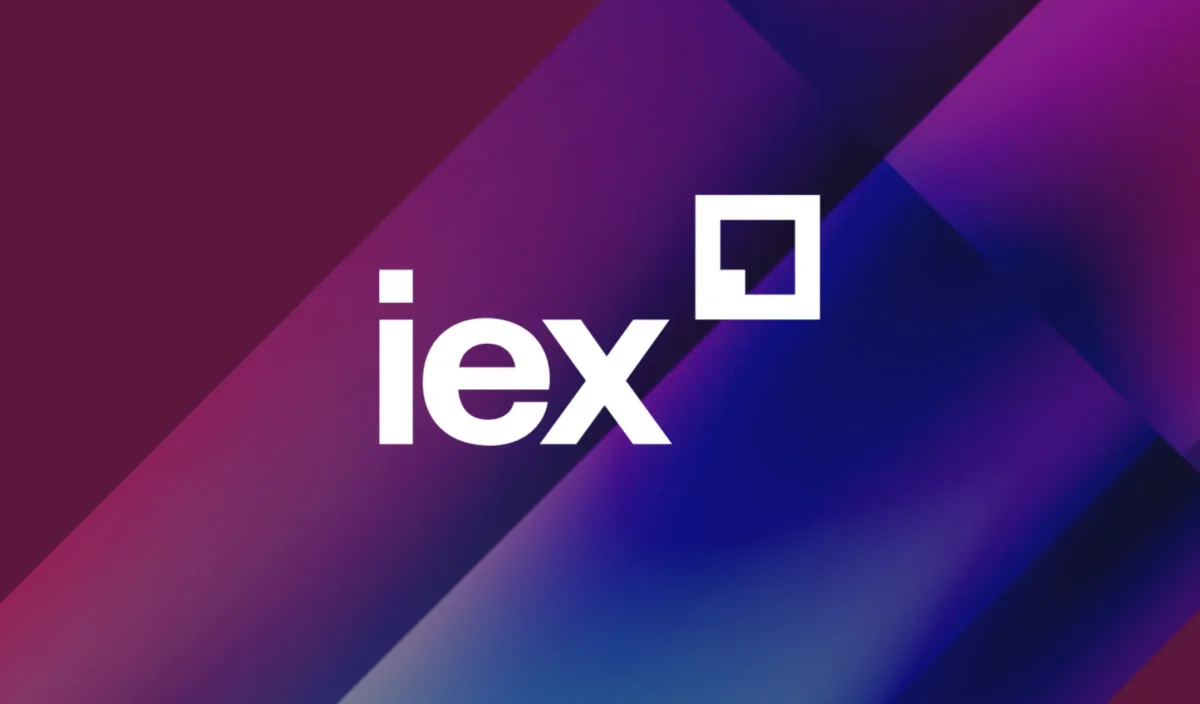India’s CERC has approved market coupling starting Jan 2026—uniting Day-Ahead electricity trading at multiple exchanges. This could dent IEX’s dominance but improve market efficiency. Learn what’s next for investors, from risks to opportunity.
⚡ What Is Market Coupling and Why It Matters
Market coupling is a reform by the Central Electricity Regulatory Commission (CERC) to unify electricity trading across exchanges by aggregating bids and delivering a single market clearing price (MCP) for the Day‑Ahead Market (DAM) — starting January 2026 under a round-robin operator model.(turn0search0, turn0news18)
Under the new rules, power exchanges like IEX, PXIL, NPX will act merely as bid platforms. Grid‑India will serve as backup and audit operator. The move aims to reduce regional pricing gaps and optimize system efficiency.(turn0news16)
📉 How the Market Reacted: IEX Stock Tanks
On July 24–25, shares of Indian Energy Exchange (IEX) suffered historic losses:
- ≈ 25–30% single-day drop, hitting 52‑week lows (₹132–₹139) across NSE & BSE.(turn0search1, turn0search2, turn0news13, turn0news11, turn0news10)
- The decline reflects fear over loss of IEX’s near‑monopoly in price discovery and concerns that trading volumes and margins may shrink.
IEX was also placed under F&O ban by NSE—open interest crossed 95% of limits amid chaotic swings.(turn0news15)
📊 IEX Fundamentals: Still Strong, But Overhang Remains
- Dominance: Commands ~85–90% of spot (DAM & RTM) market volume.(turn0search4, turn0search0)
- Financials (FY25 / TTM): EBITDA margin ~84%, net profit of ₹400+ Cr, low/no debt, ROE ~40%, ROCE ~54%, dividend yield ~1.9%.(turn0search20, turn0search0)
- Valuation: P/E ~34x; fractional monopoly premium priced in.(turn0search0, turn0search4)
🔍 What Analysts Are Saying
- Bernstein called the change “worse than expected”, lowered target price to ₹122 (from ₹160), citing profit risk.(turn0search3)
- UBS retained a Buy with ₹285 TP, arguing that welfare gains from coupling were minimal (0.01–0.3%) and operational impact may be modest.(turn0search3)
- Axis Capital warned EPS could fall ~30% if coupling existed last fiscal.
- Some observers see long-term efficiencies and greater transparency, potentially benefiting entities like PTC India, whose shares spiked ~8–9% on news.(turn0news12)
🧐 Implications for IEX and Investors
⚠️ Risks
- Reduced price-setting power as pricing centralizes via coupling engine.
- Lower trading volumes and margin compression in DAM. RTM coupling may follow later.
- Market share dilution as other exchanges participate equally.
✅ Potential Positives
- A unified, efficient market could boost overall liquidity in the long run.
- If IEX remains a rotating Market Coupling Operator (MCO), it may retain strategic value.
- Expansion into new segments (like REC, gas, OTC VPPAs) can support alternate revenue streams.(turn0news19, turn0reddit30)
🙋 FAQs
Q1: What exactly is ‘market coupling’?
It refers to combining bid data from all power exchanges into a unified platform for price discovery, resulting in a single electricity rate across platforms.(turn0search0, turn0search5)
Q2: Why did IEX shares crash ~30%?
Investors fear that coupling will dilute IEX’s control over price discovery and reduce its trading and revenue dominance in spot markets.(turn0news13, turn0search3)
Q3: Who might benefit from coupling?
Other power exchanges and traders like PTC India, which has seen an 8–9% rally on expectations of a more level playing field.(turn0news12)
Q4: Should investors exit or wait?
If you believe IEX can adapt, retain operator leverage, and grow secondary segments, this dip may be a long-term buying window. But the regulatory risk is real—monitor pilot outcomes and Q1FY26 guidance closely.
✅ Verdict: Risk vs Opportunity
Market coupling is a radical shift in India’s power trading — for IEX, it means loss of pricing dominance and likely margin pressure. Yet the fundamentals remain robust: strong balance sheet, high profit margins, and potential leadership in new product lines. If IEX successfully retains operator rotations and adapts to the new model, long-term investors might still benefit—but only if they’re comfortable with regulatory uncertainty and earnings volatility.
⚠️ Disclaimer
This blog is for educational purposes only and does not constitute investment advice. Regulatory developments may materially affect outcomes. Consult a SEBI‑registered advisor before investing.





